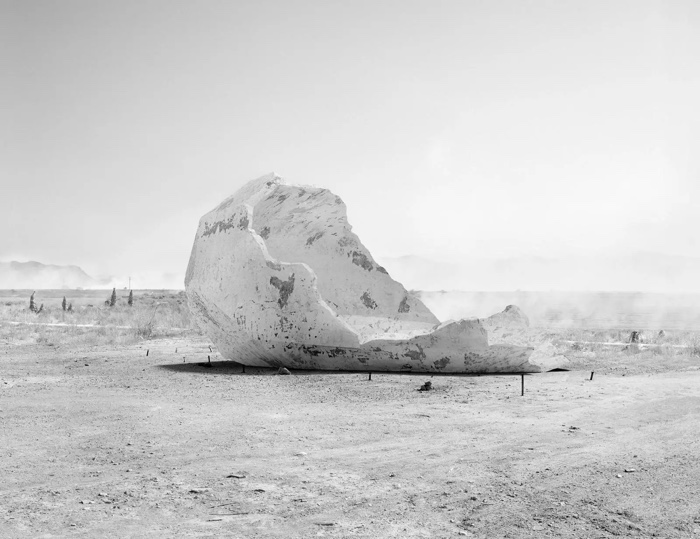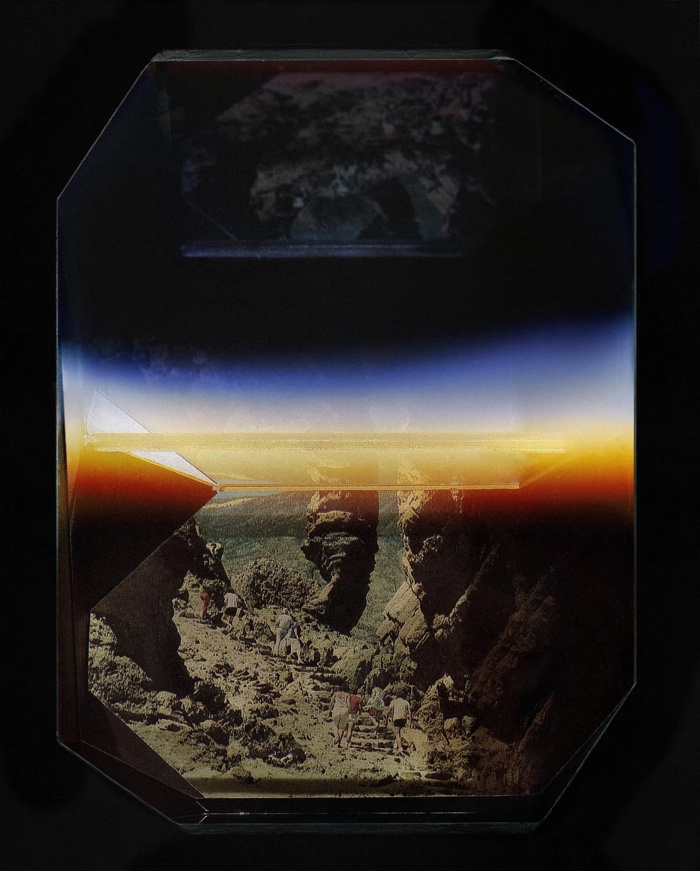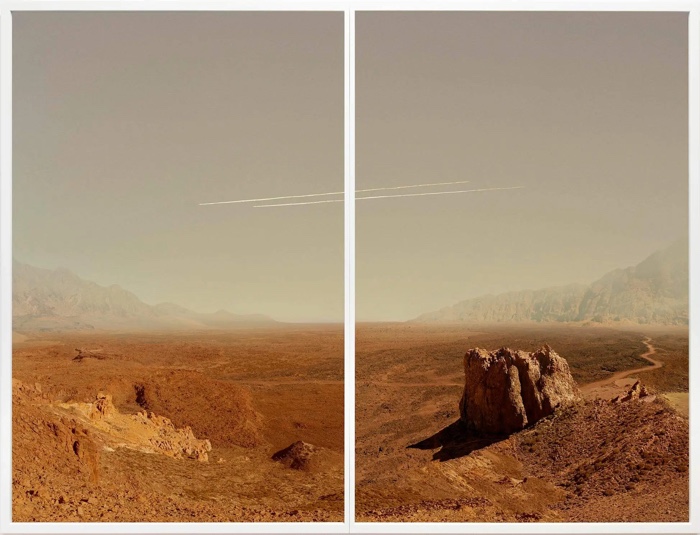Last week, i took the train to Bologna to visit Robert Kuśmirowski‘s solo show and the PhMuseum Days international photo festival. Kuśmirowski was the Kuśmirowski i was hoping to see. PhMuseum Days, however, was full of surprises. The location, DumBO’s post-industrial Spazio Bianco, was spectacular; the selection of photo series was eclectic, yet it still managed to feel fresh and coherent. The theme of this edition of the festival was CLOSER because “we live in an era in which it is not possible to imagine any objective detachment between us and reality.”
The photos selected for the festival focused on topics that went from ufology to gender transition, from family abuse to Albania’s search for a new identity, from gay porn magazines to environmental crisis.
I’ll just detail two series that particularly moved me. One shows how the daily life of digital communication in Palestine is disrupted by Israel’s violent politics of control and surveillance. The other tells the story of a remarkable lady with Alzheimer’s disease and the surveillance camera that looked at her.
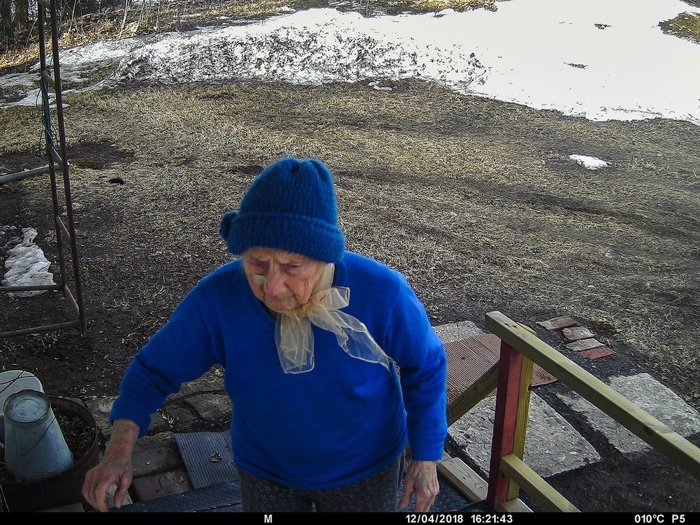
Utu-Tuuli Jussila, Härmä / Hoar, 2024
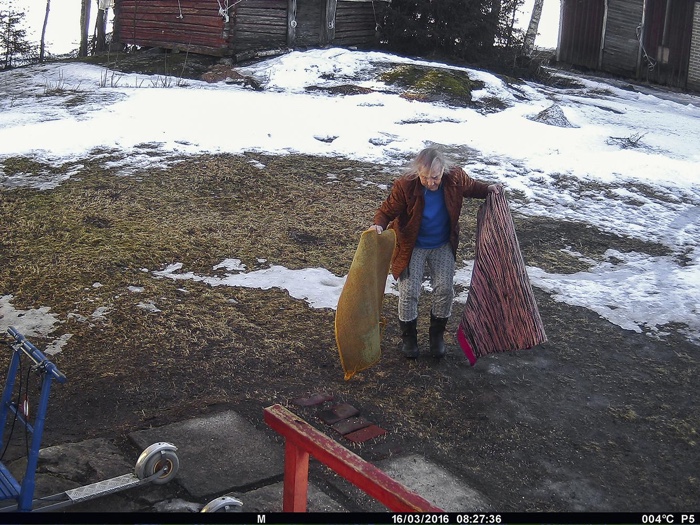
Utu-Tuuli Jussila, Härmä / Hoar, 2024
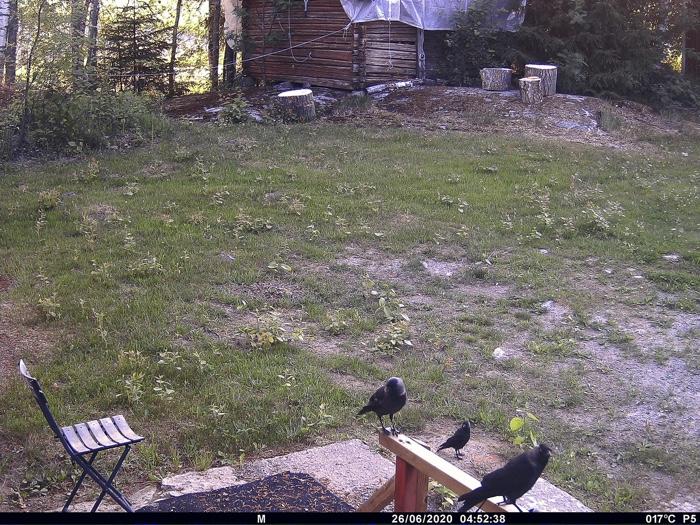
Utu-Tuuli Jussila, Härmä / Hoar, 2024
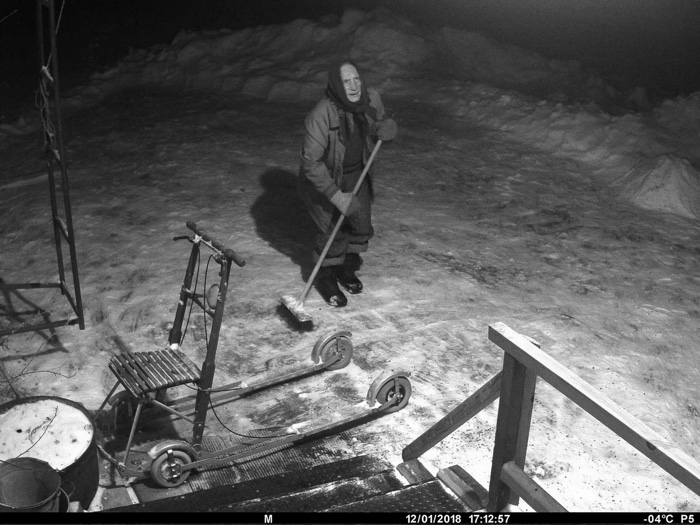
Utu-Tuuli Jussila, Härmä / Hoar, 2024
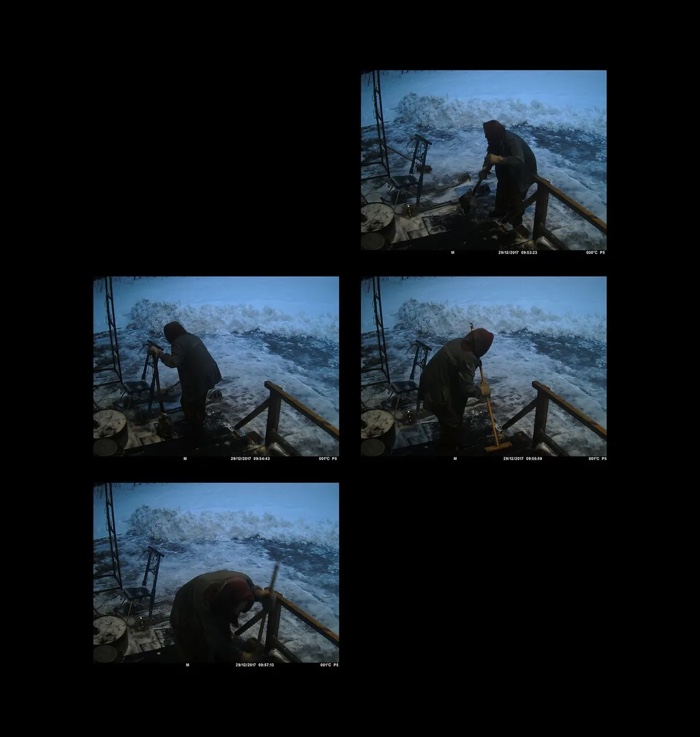
Utu-Tuuli Jussila, Härmä / Hoar, 2024
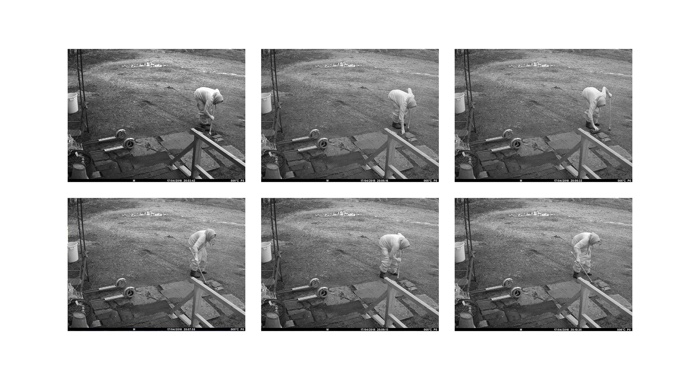
Utu-Tuuli Jussila, Härmä / Hoar, 2024
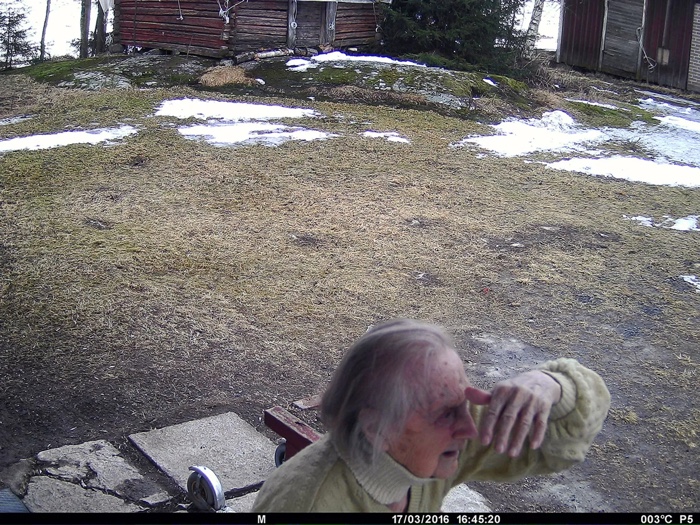
Utu-Tuuli Jussila, Härmä / Hoar, 2024
Over 10.000 images of a garden, taken from the same angle by a motion-sensing camera. The garden belonged to Utu-Tuuli Jussila‘s grandmother. She was 94 years old and refused to leave her house in the Finnish countryside. She lived in Ylihärmä in South Ostrobothnia, kilometres away from her family and from the nearest urban area.
Because of incipient Alzheimer’s disease, she sometimes imagined that intruders walked into her yard and basement. And that objects went missing. The artist’s father installed a surveillance camera with a motion sensor to look over the garden. No intruder was ever detected. The camera ended up monitoring and chronicling the last years of the grandmother’s life.
When Utu-Tuuli Jussila first sees the surveillance camera footage, her grandmother has already passed away. We see the woman working in the garden, repeating the same gestures season after season, moving in and out of the frame. She was surprisingly active. In the reiteration of her motions, we see lady’s determination to remain autonomous.
Sometimes, crows, rabbits, cats and even fawns trigger the camera mechanism. They continue to appear on the images long after the grandmother is gone. The camera is still there. The trees are growing, the garden never stops breathing.
Jussila selected the photos from the archive but she had no control over the conditions in which they were made. She didn’t choose the angle nor the camera. The images are colour, but they become black and white at night.
Peering through this archive of unauthorised memories is both intrusive and moving.
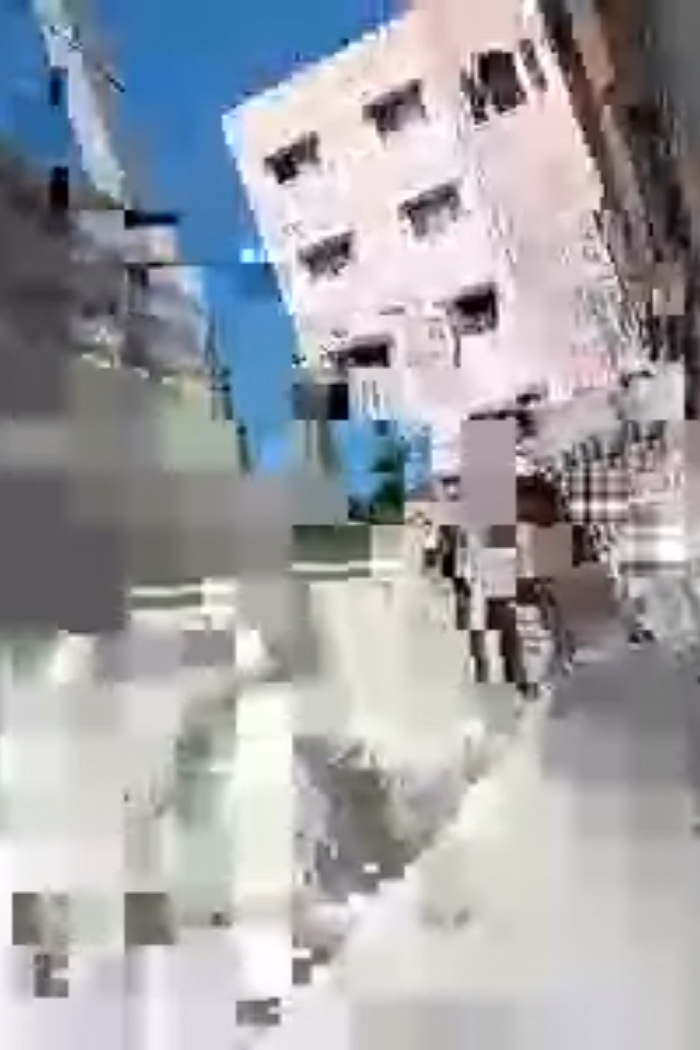
Taysir Batniji, Disruptions, 2015-2017
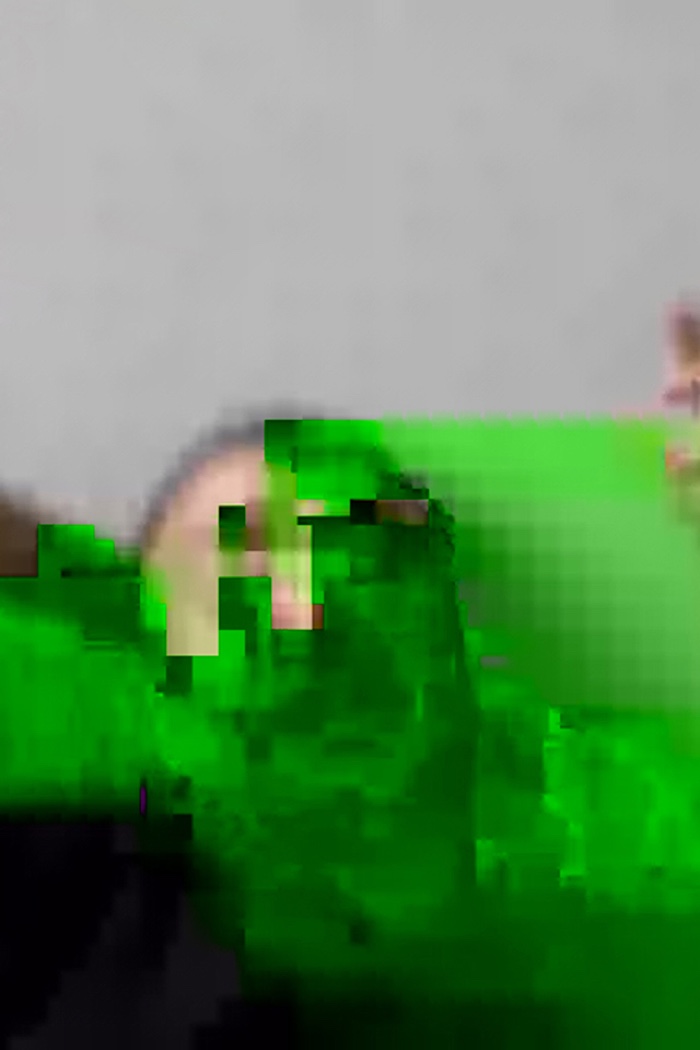
Taysir Batniji, Disruptions, 2015-2017
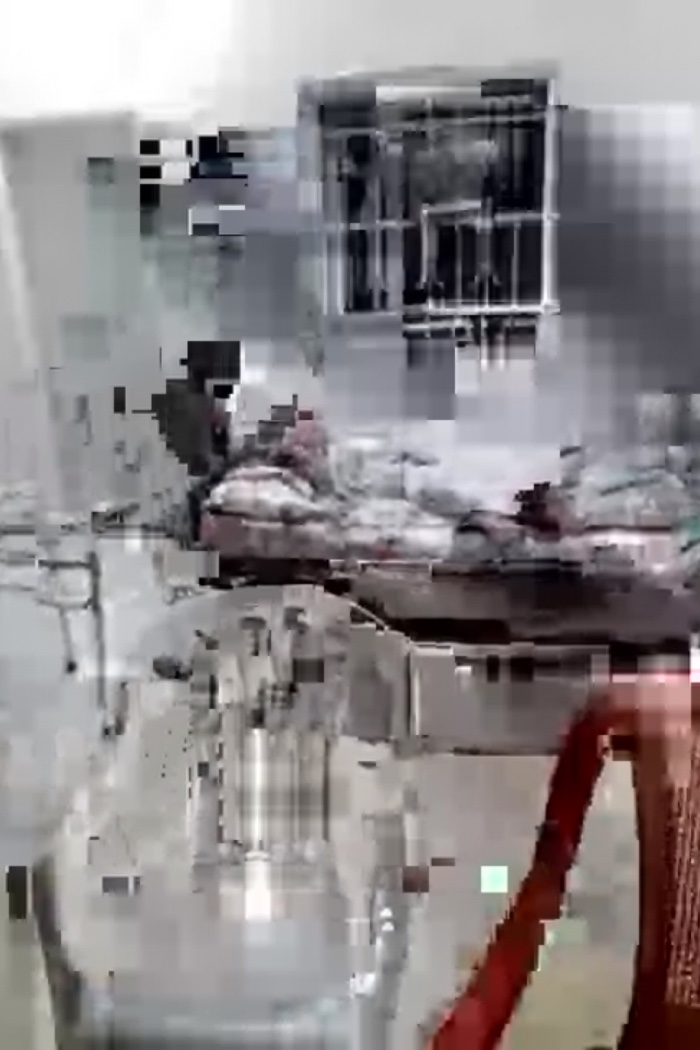
Taysir Batniji, Disruptions, 2015-2017
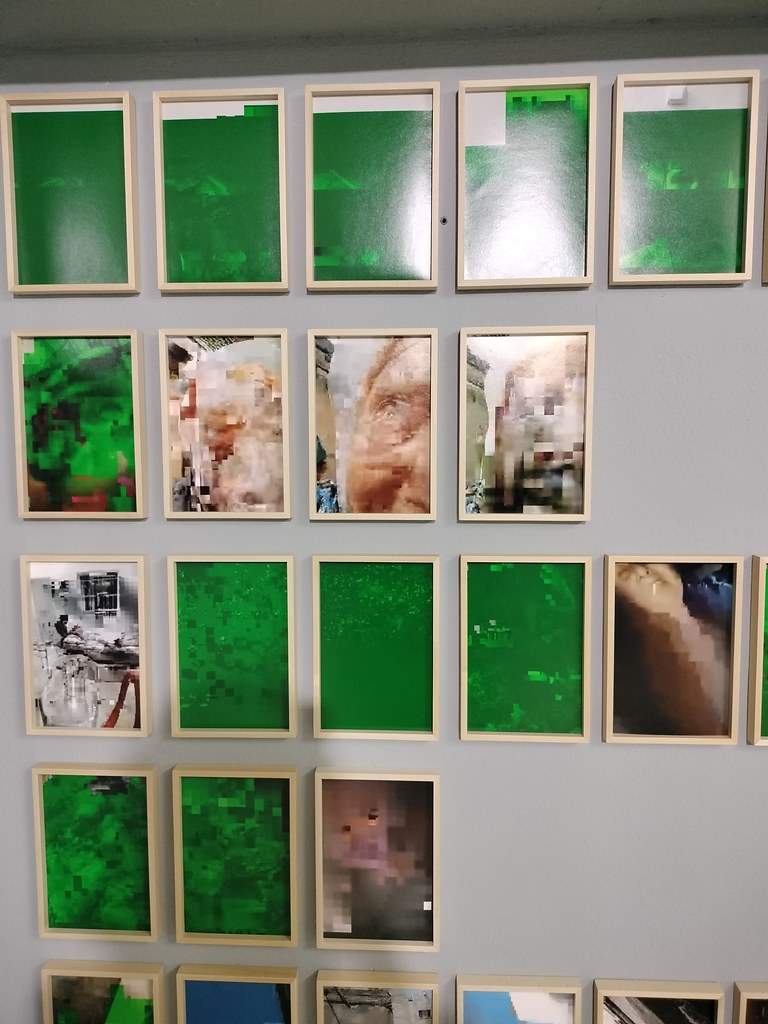
Taysir Batniji, Disruptions, 2015-2017
Living in Europe and prevented from returning to his country for years, Taysir Batniji relied on Whatsapp video calls to stay in touch with his family in Gaza. Due to poor connection, their video meetings were often disturbed by clouds of pixels. Sometimes, the images were so bad, they were almost abstract. From 2015 until 2017, when his mother died, Batniji would call his relatives and make screenshots to record the traces of this digital noise.
Batniji wasn’t sure what the cause of the problem was: the weak network in Gaza or its disruption by Israeli drones. To the artist, it felt like the same forces that do not allow him to return home and that poison the daily lives of his people, kept him away from his family in the digital space as well.
The value of the screenshots lies, not in their content, but in their visual poverty. The damaged quality of the image suggests an attack on the most mundane form of intimacy and an enduring political brutality.
In an interview with the British Journal of Photography, Batniji said: This book is dedicated to my mother, whose passing in 2017 concluded this series, and to the 53 members of my family killed since October 2023 under the bombs of the Israeli army. It is a way to perpetuate their presence and honour their lives, and, from an existential standpoint, to affirm their being.
More works from PhMuseum Days international photo festival:
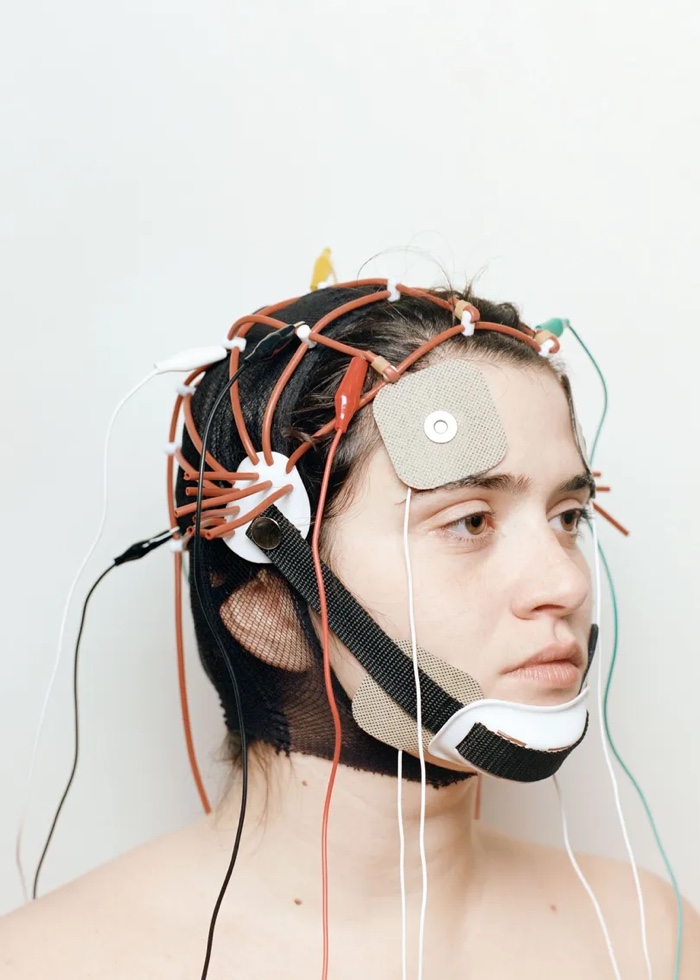
Beatriz de Souza Lima, Trajectories
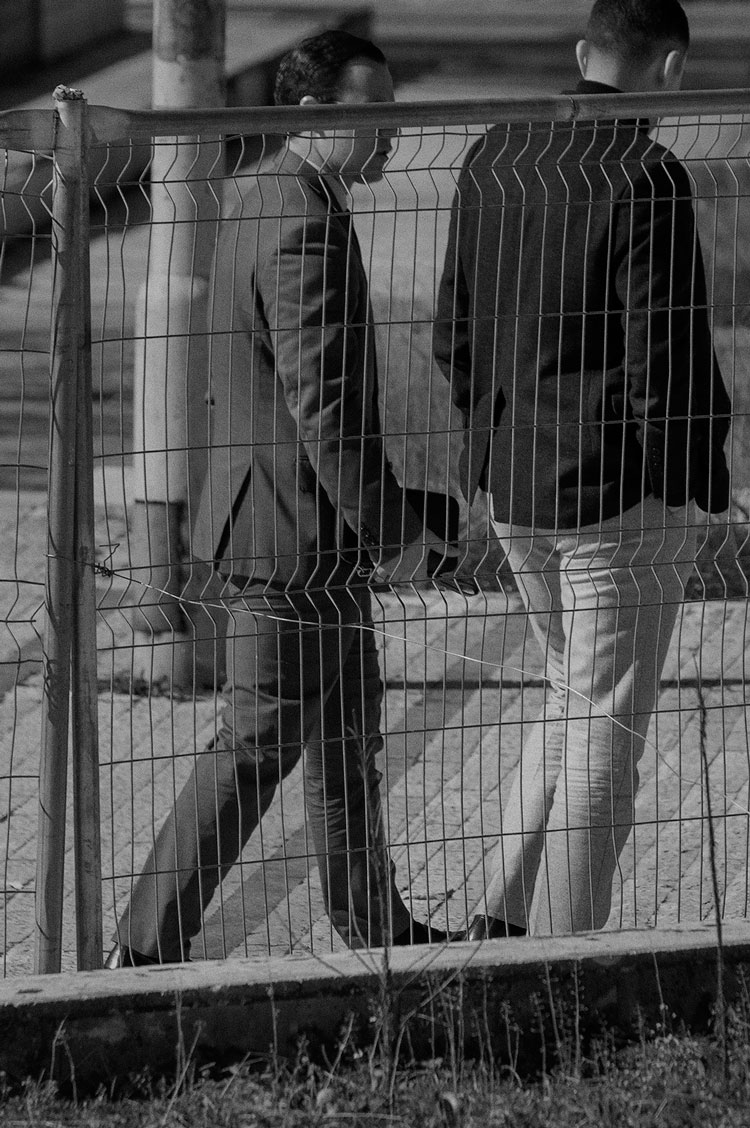
Camilla de Maffei, Grande Padre
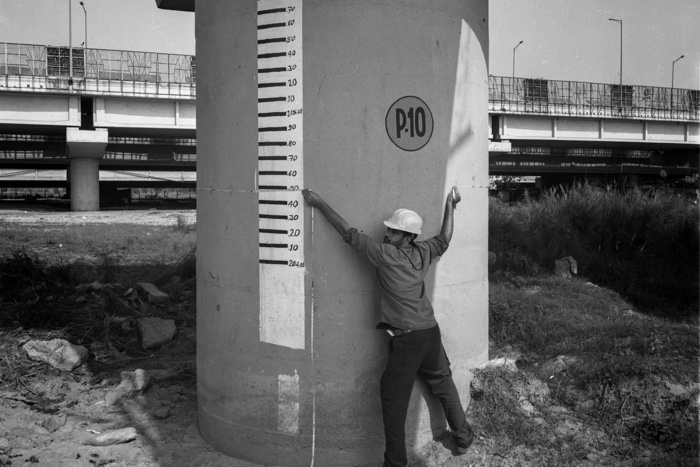
Kush Kukreja, Only In Good Taste
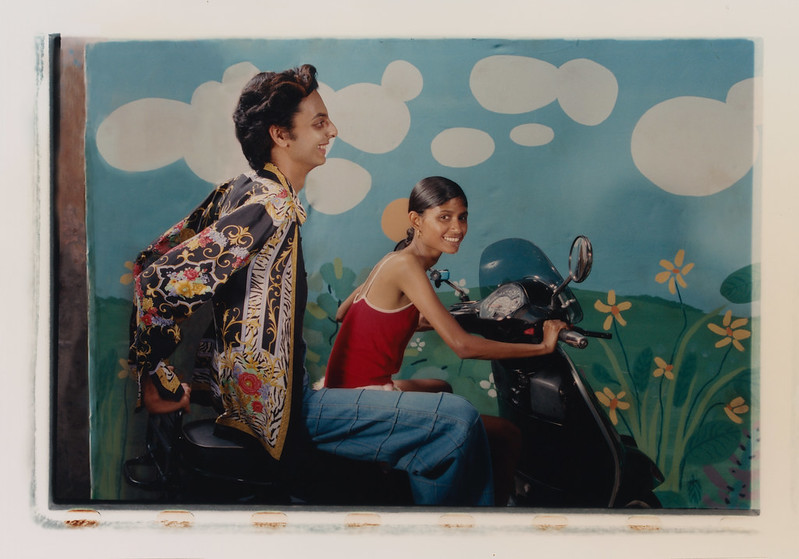
Tara Laure Claire Sood, The Studio
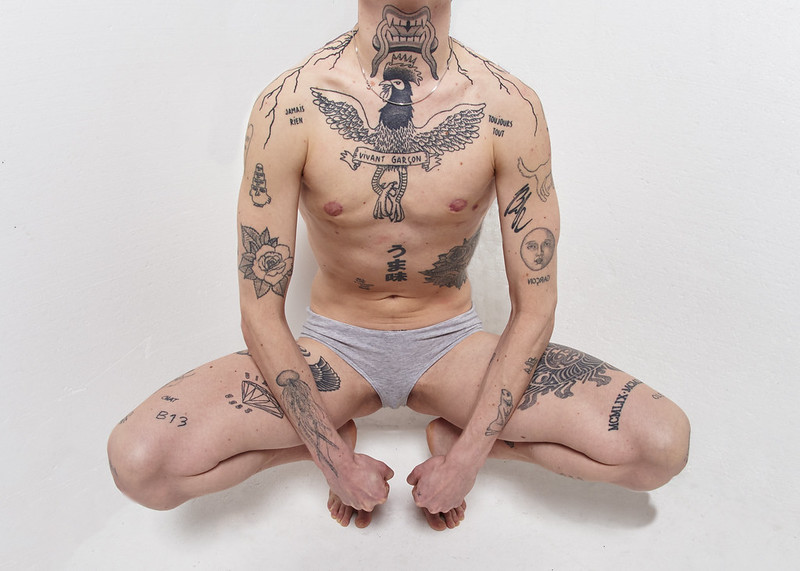
Mahalia Taje Giotto, Existential Boner

